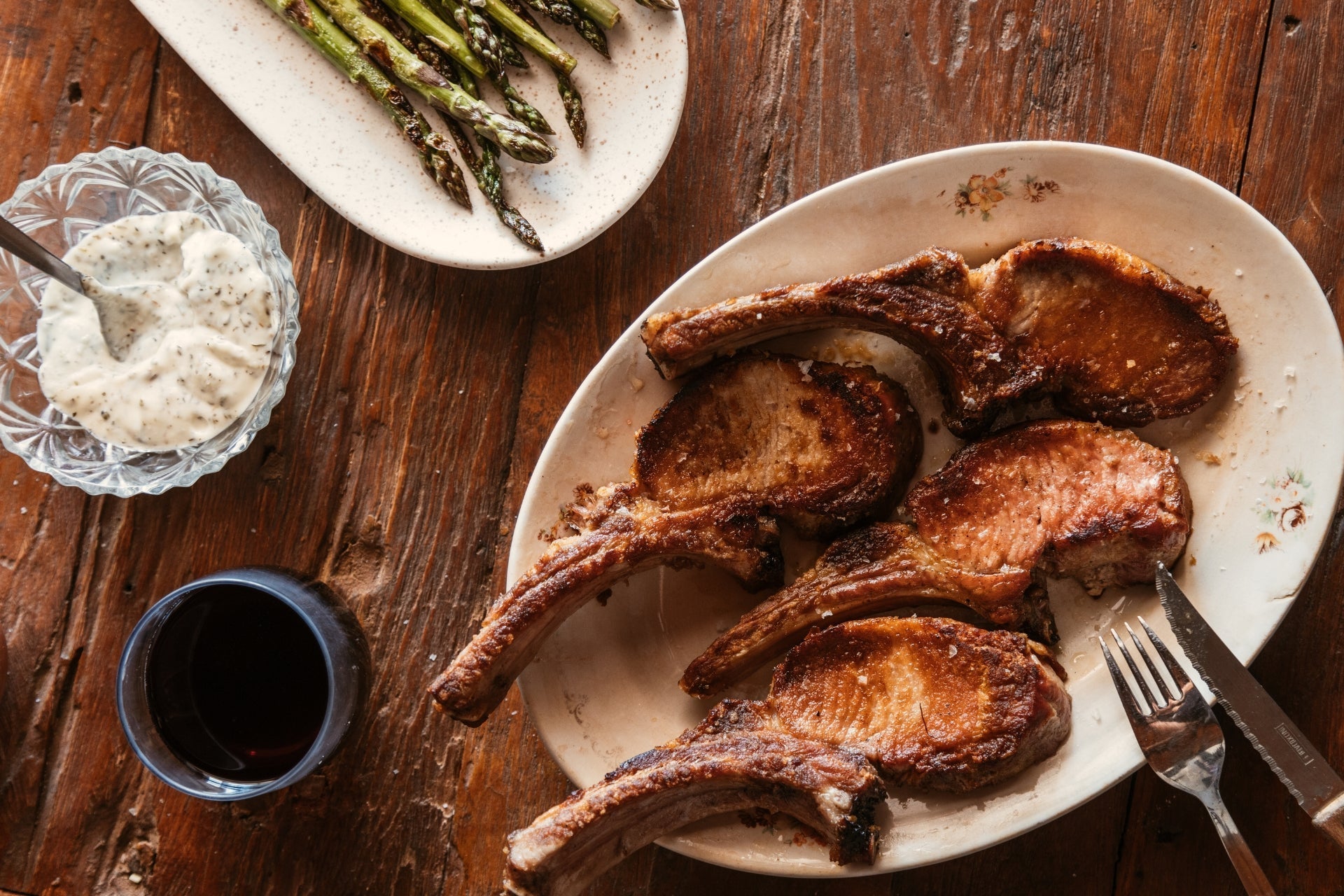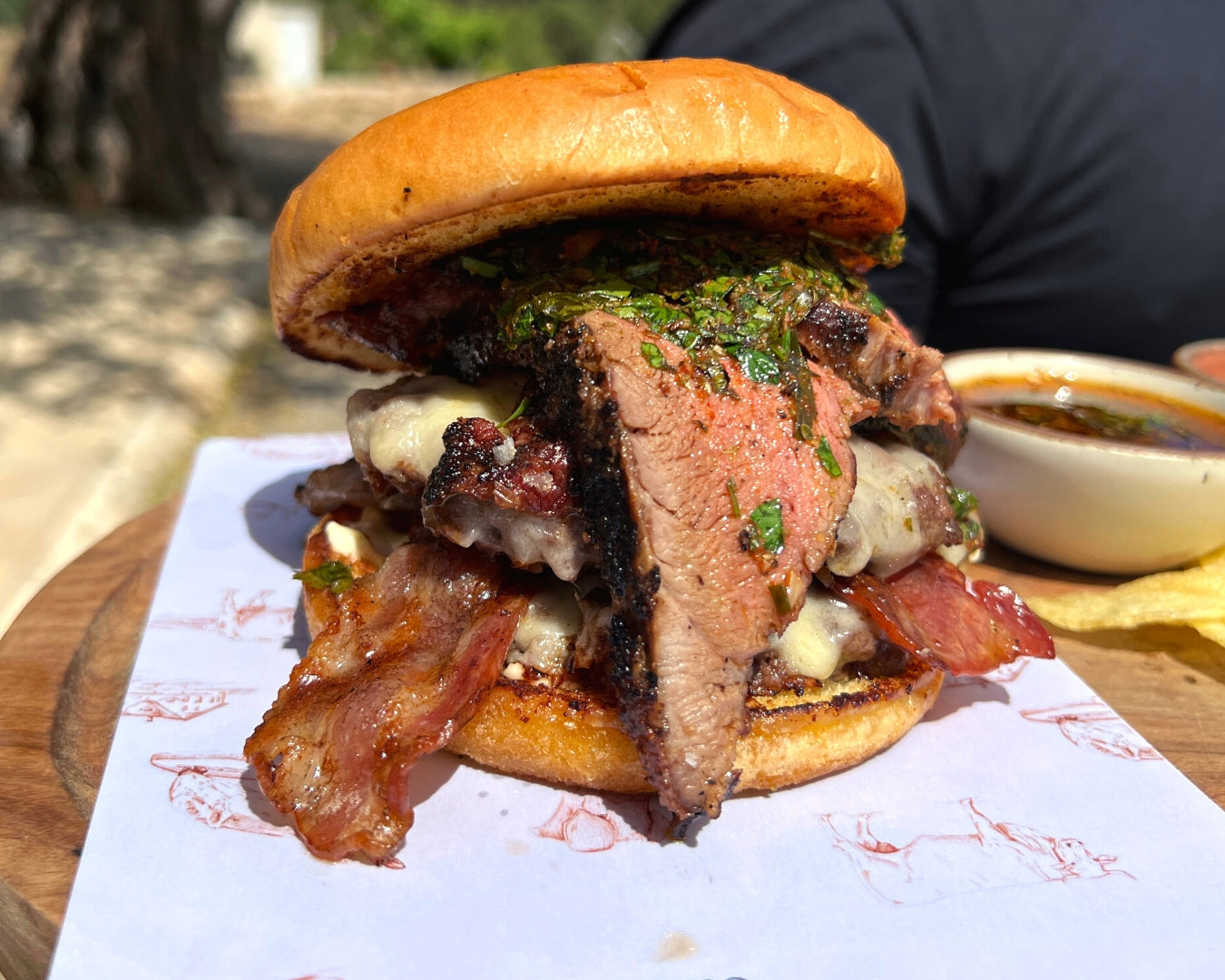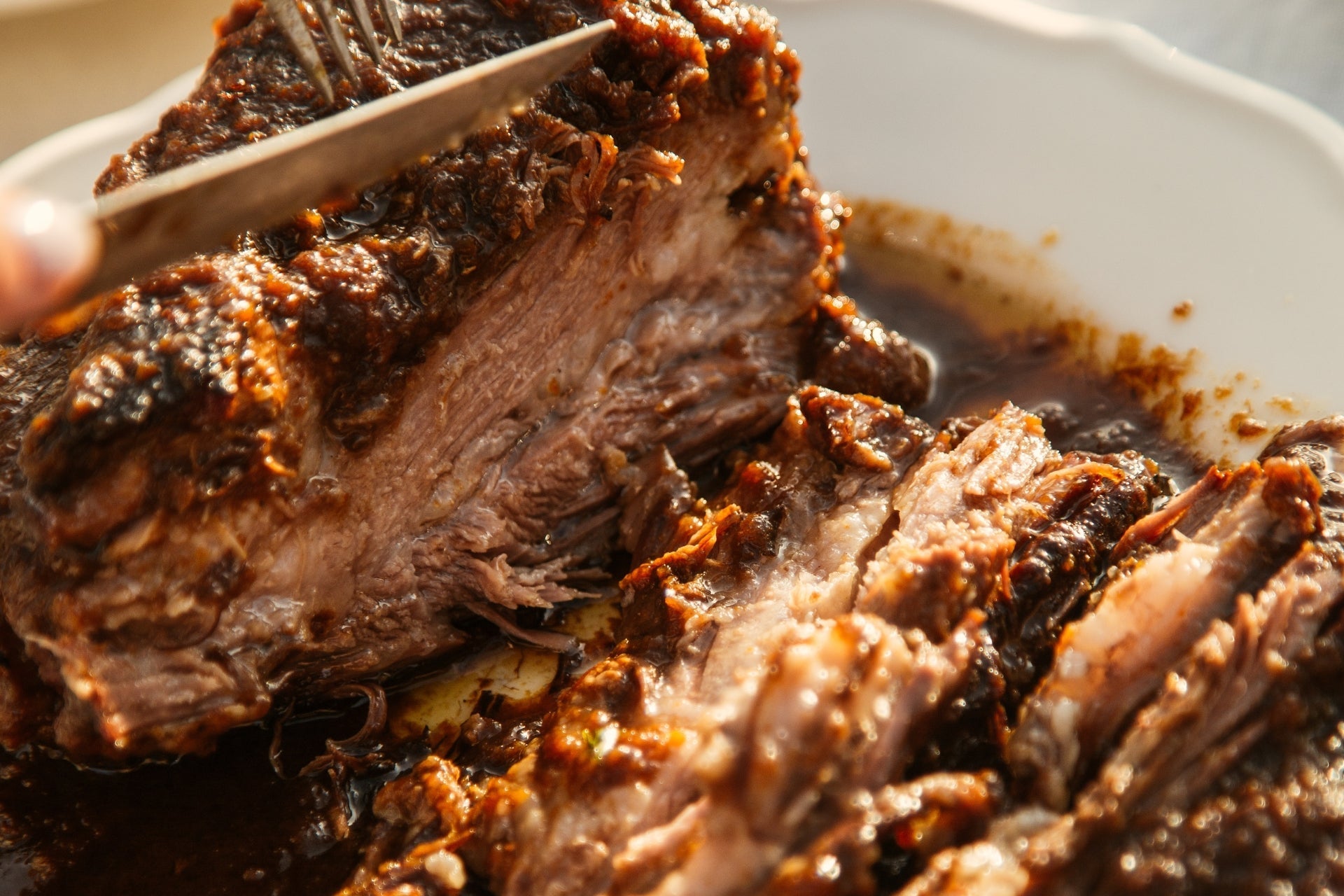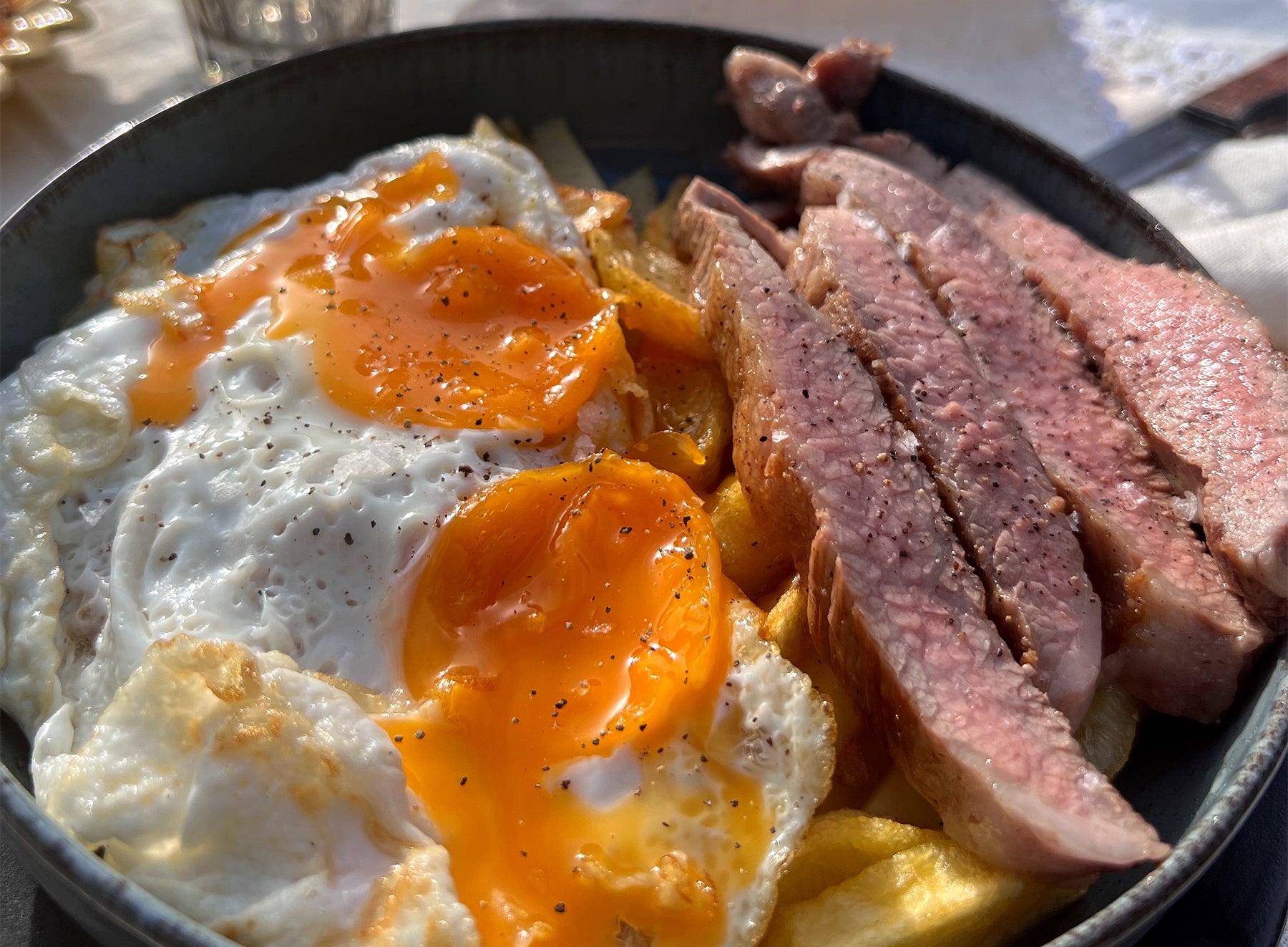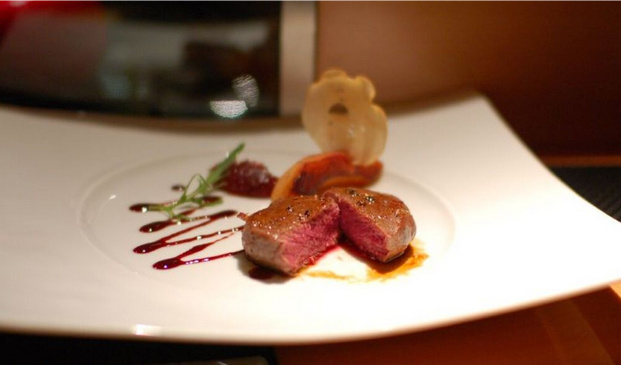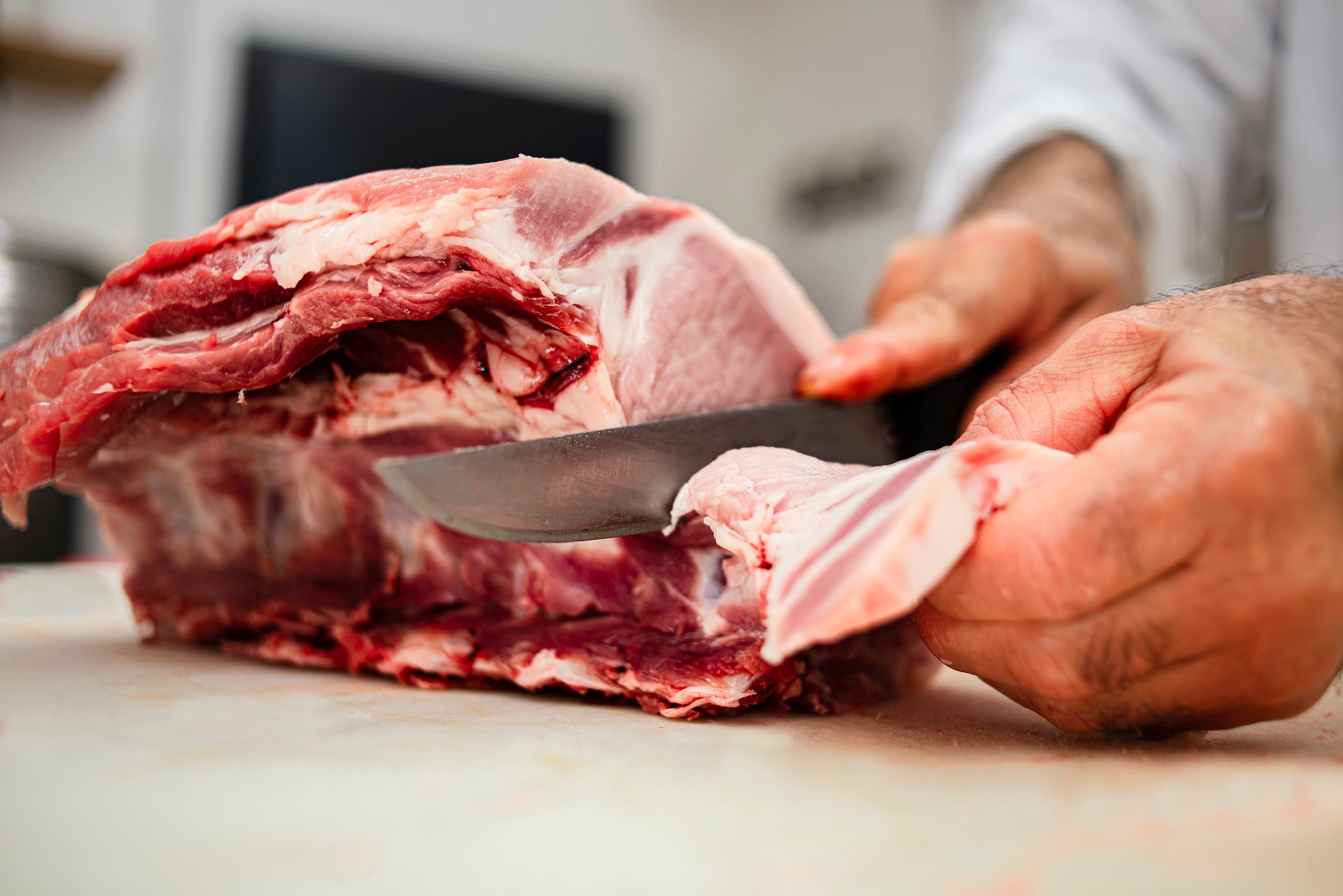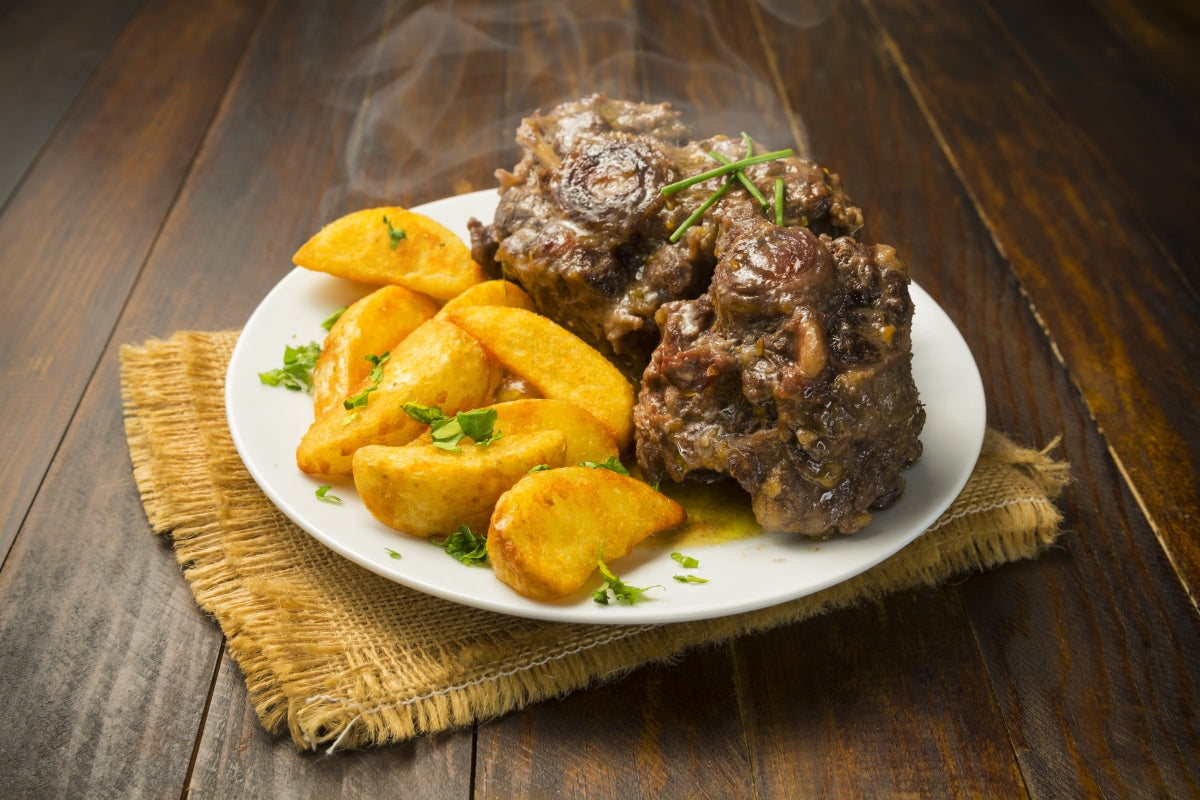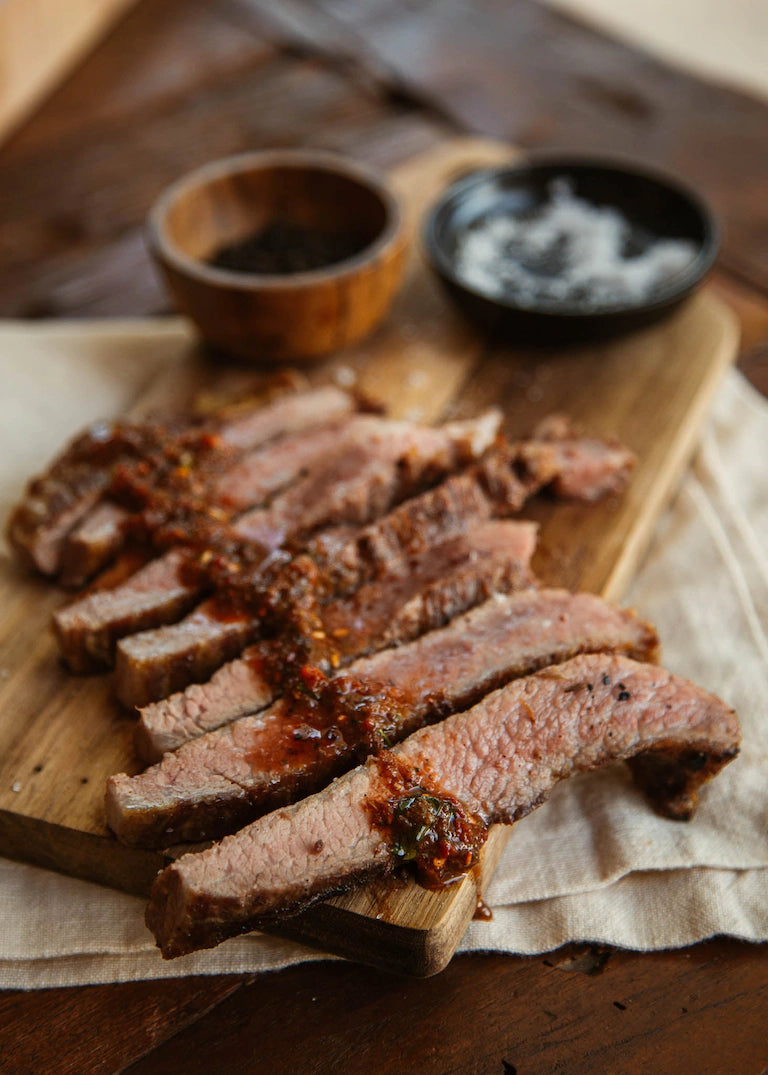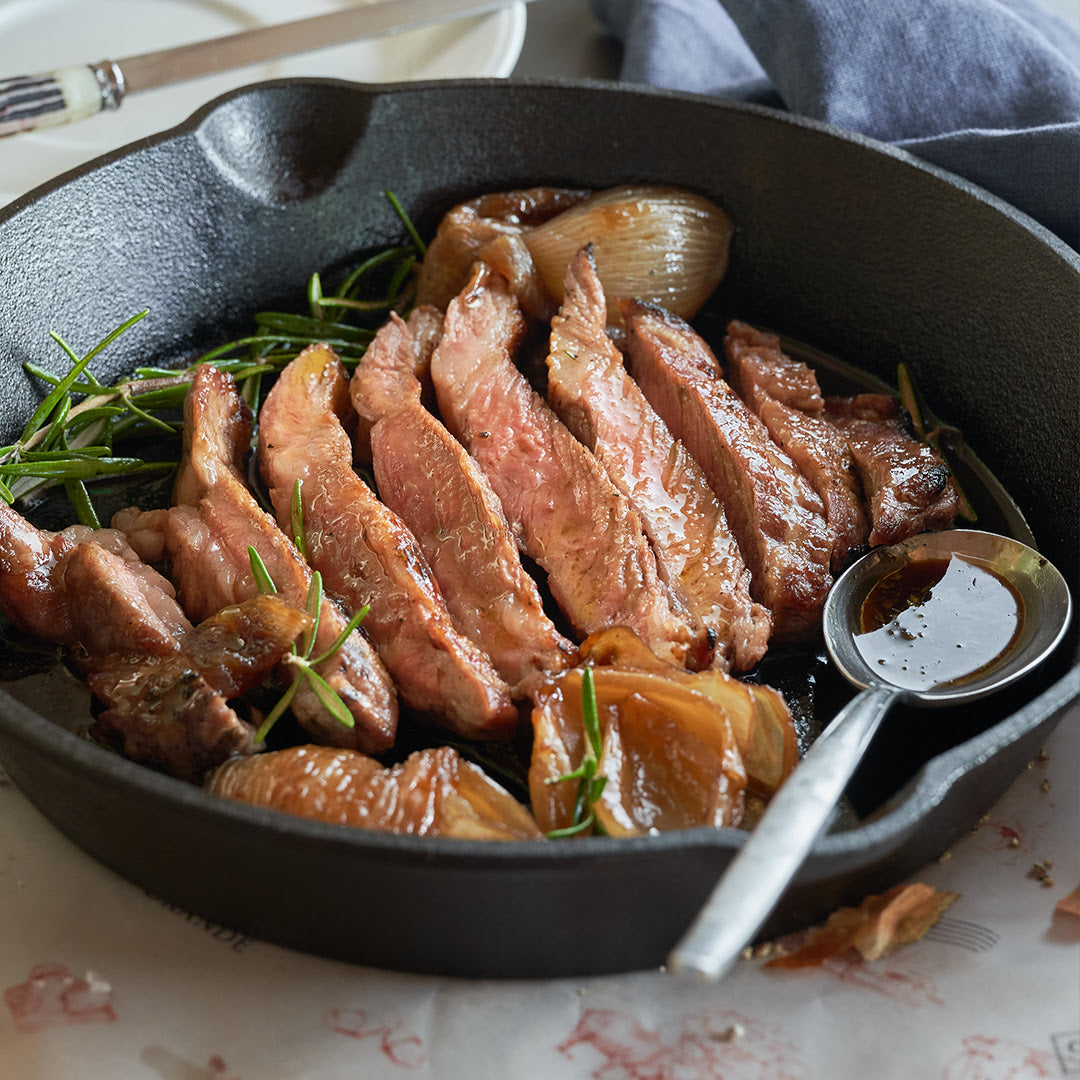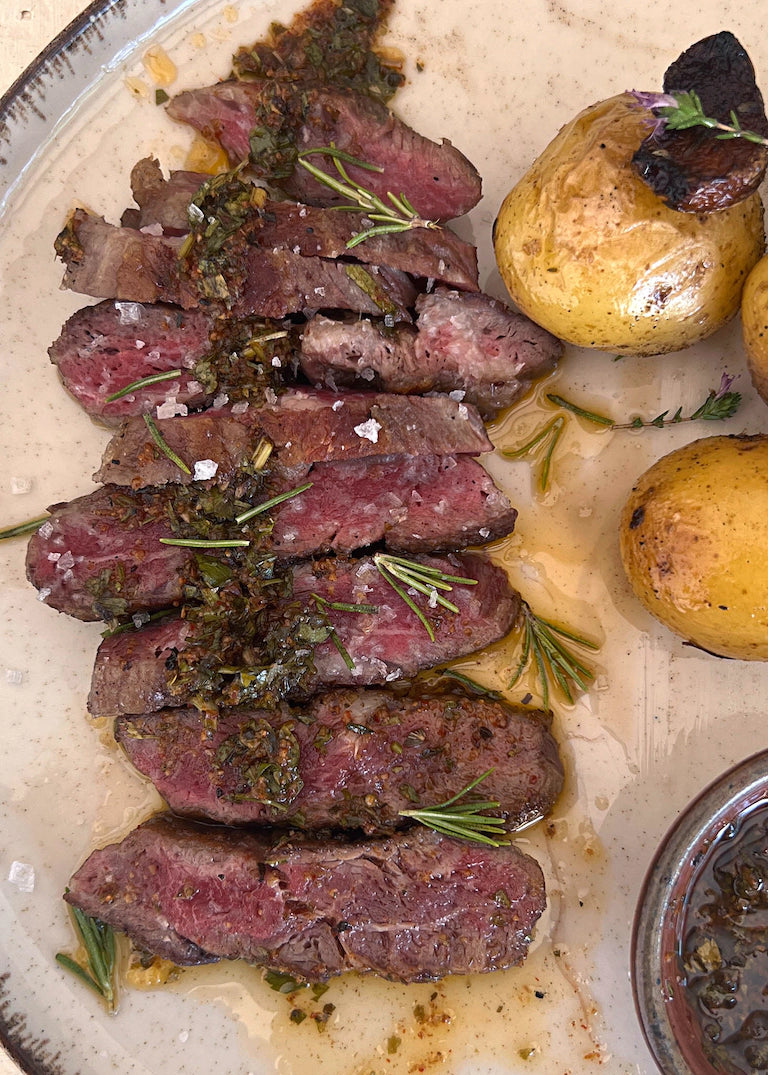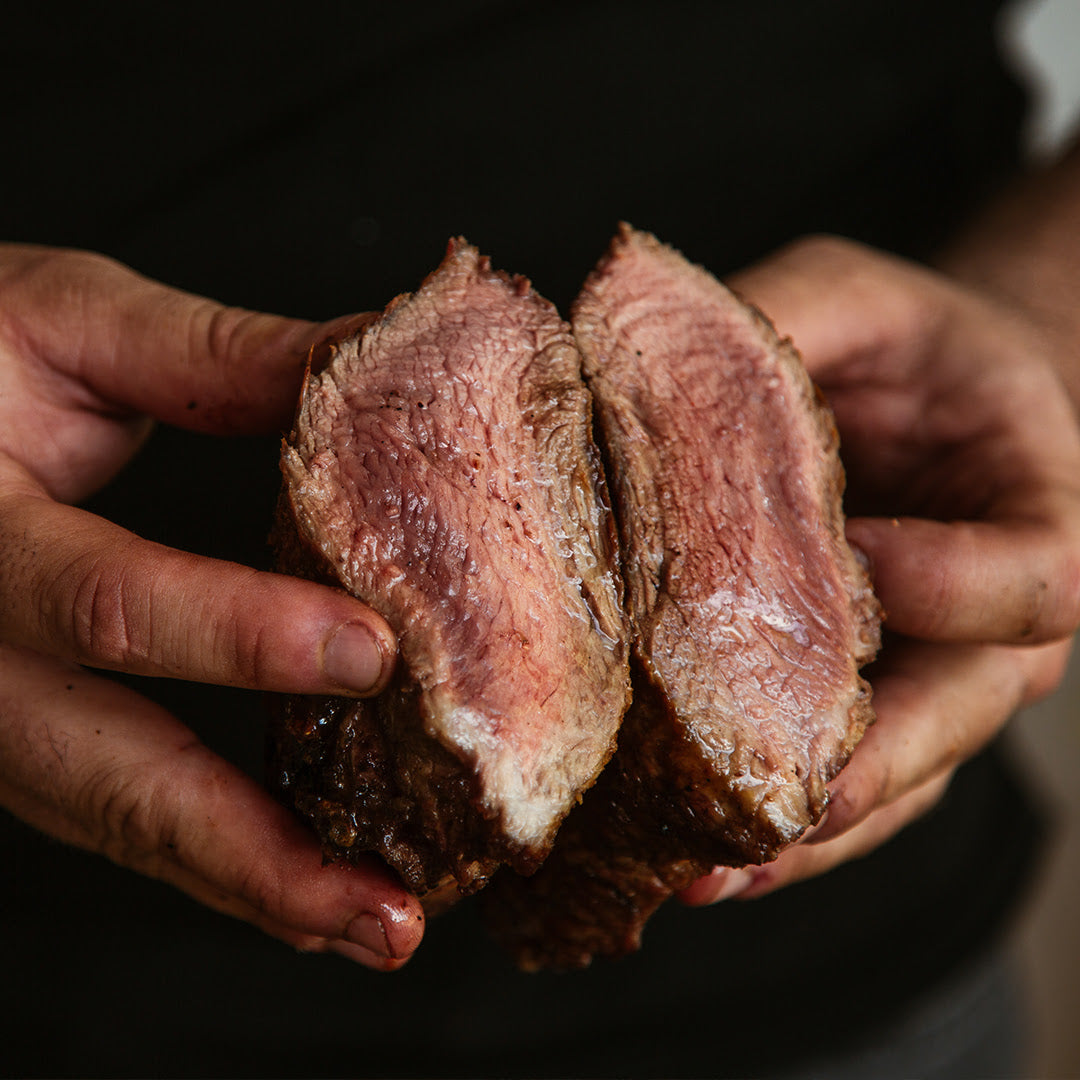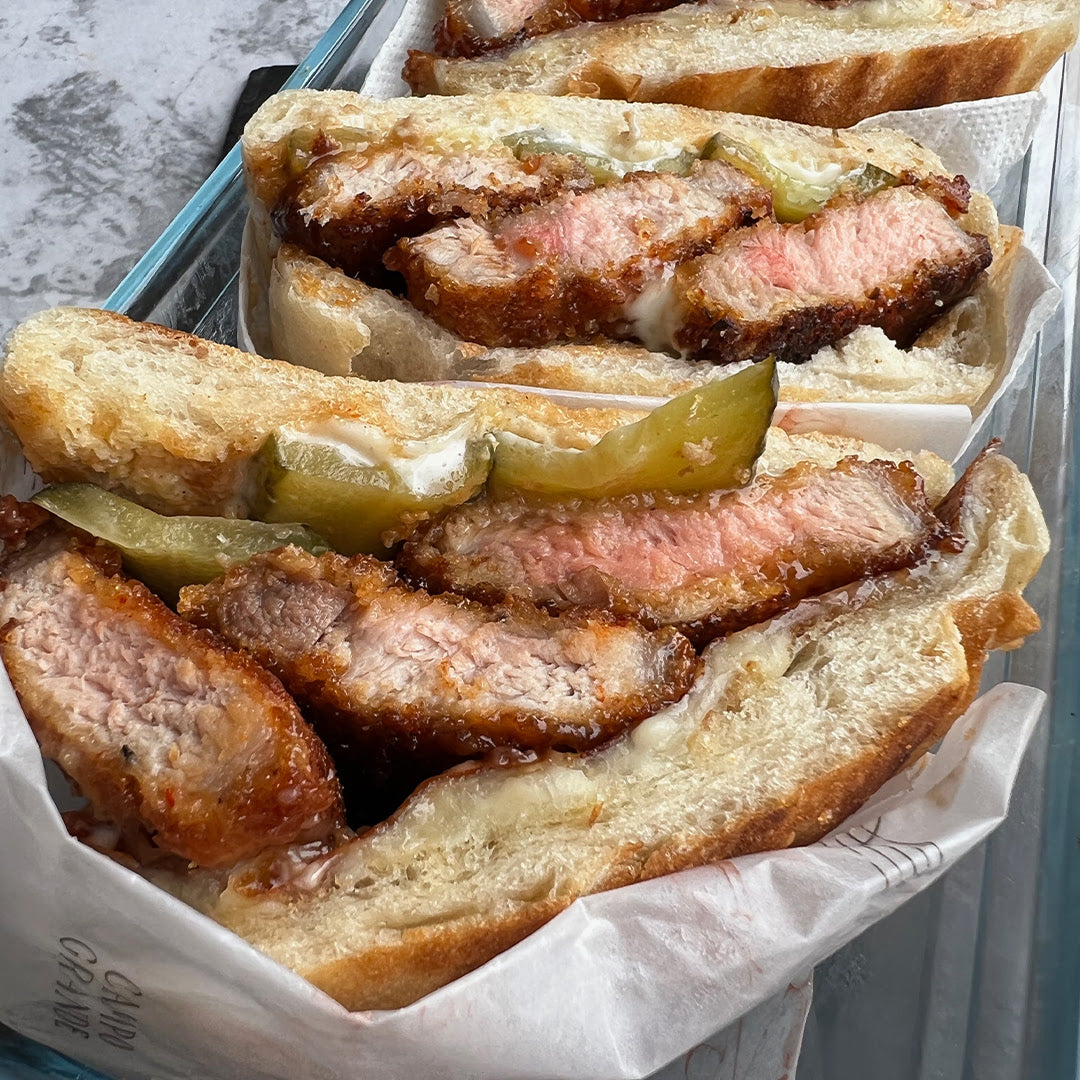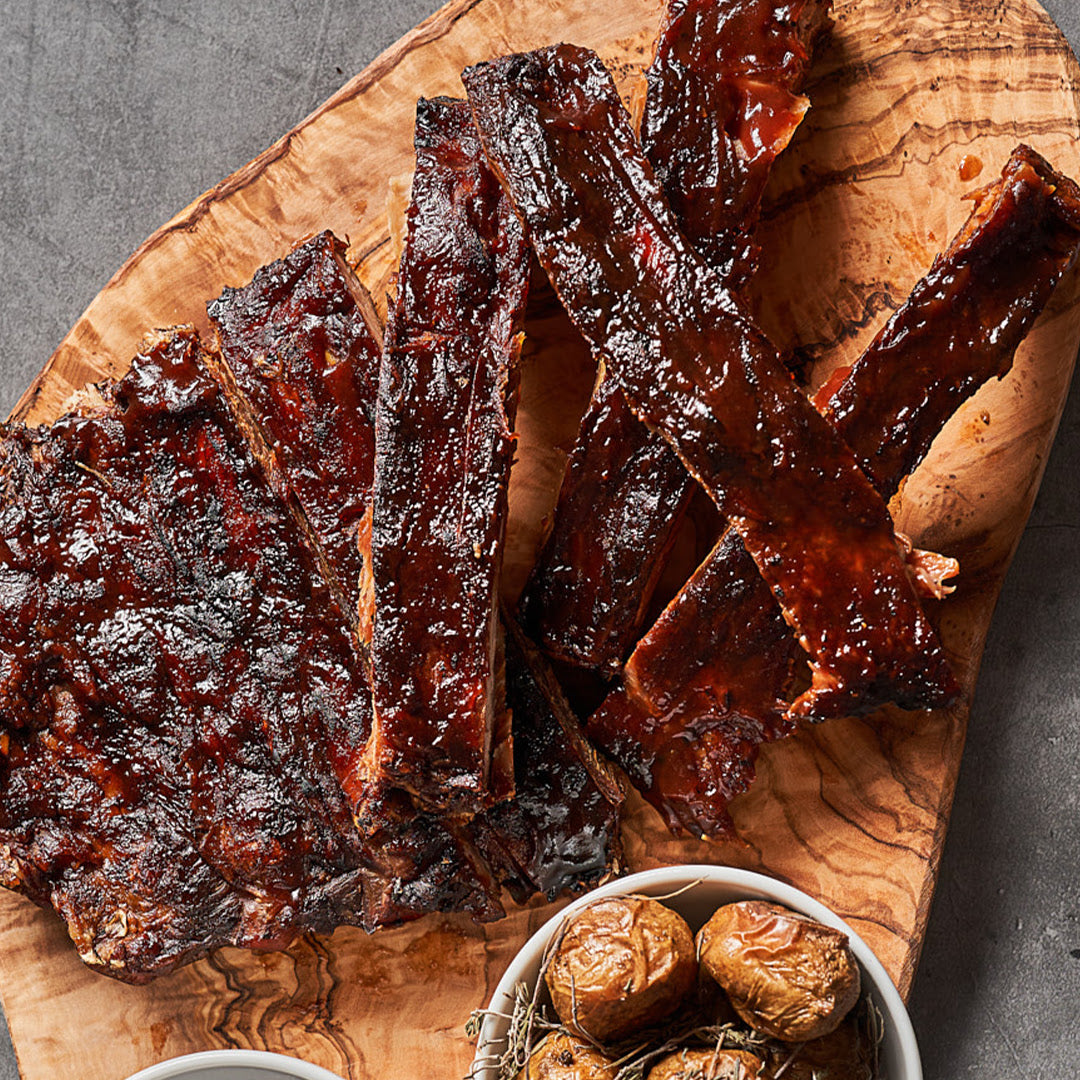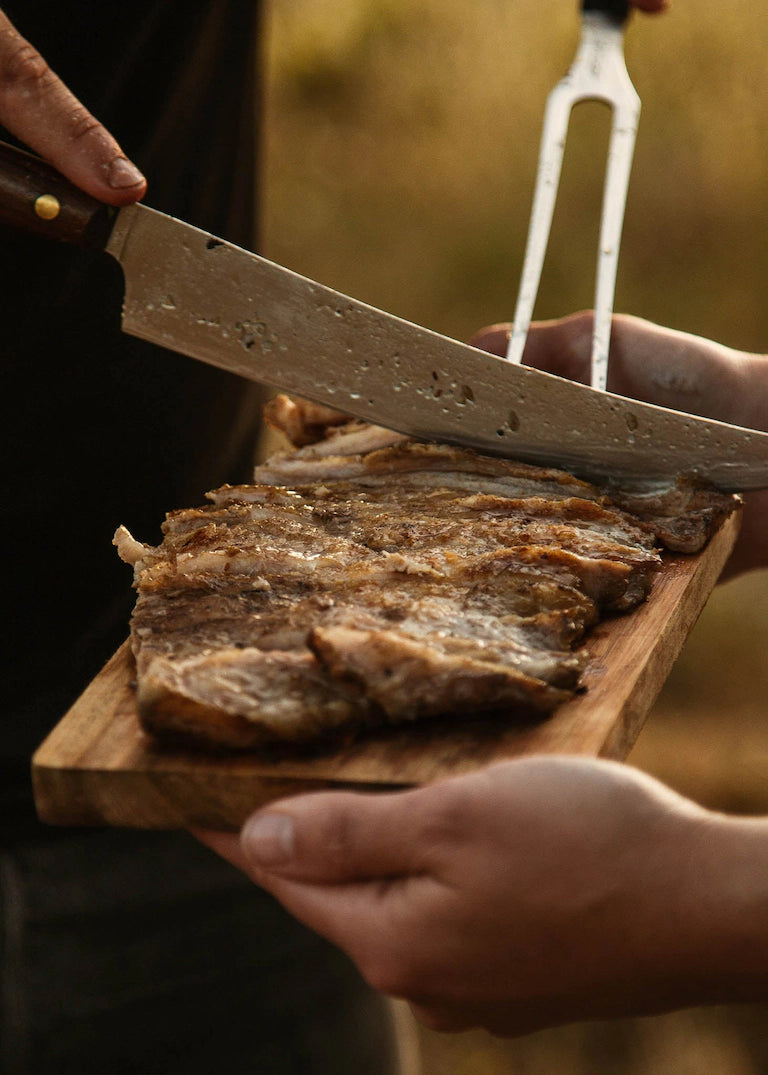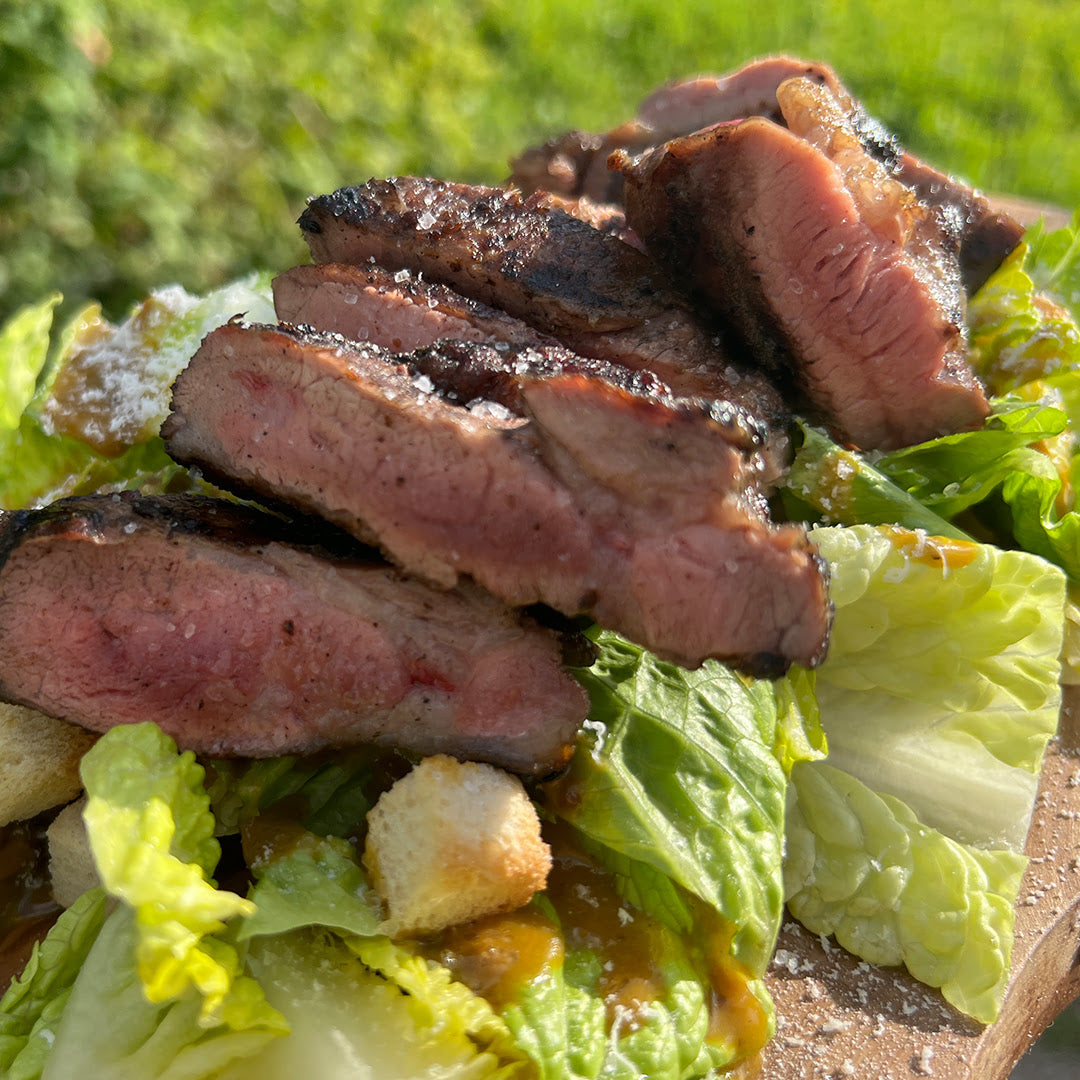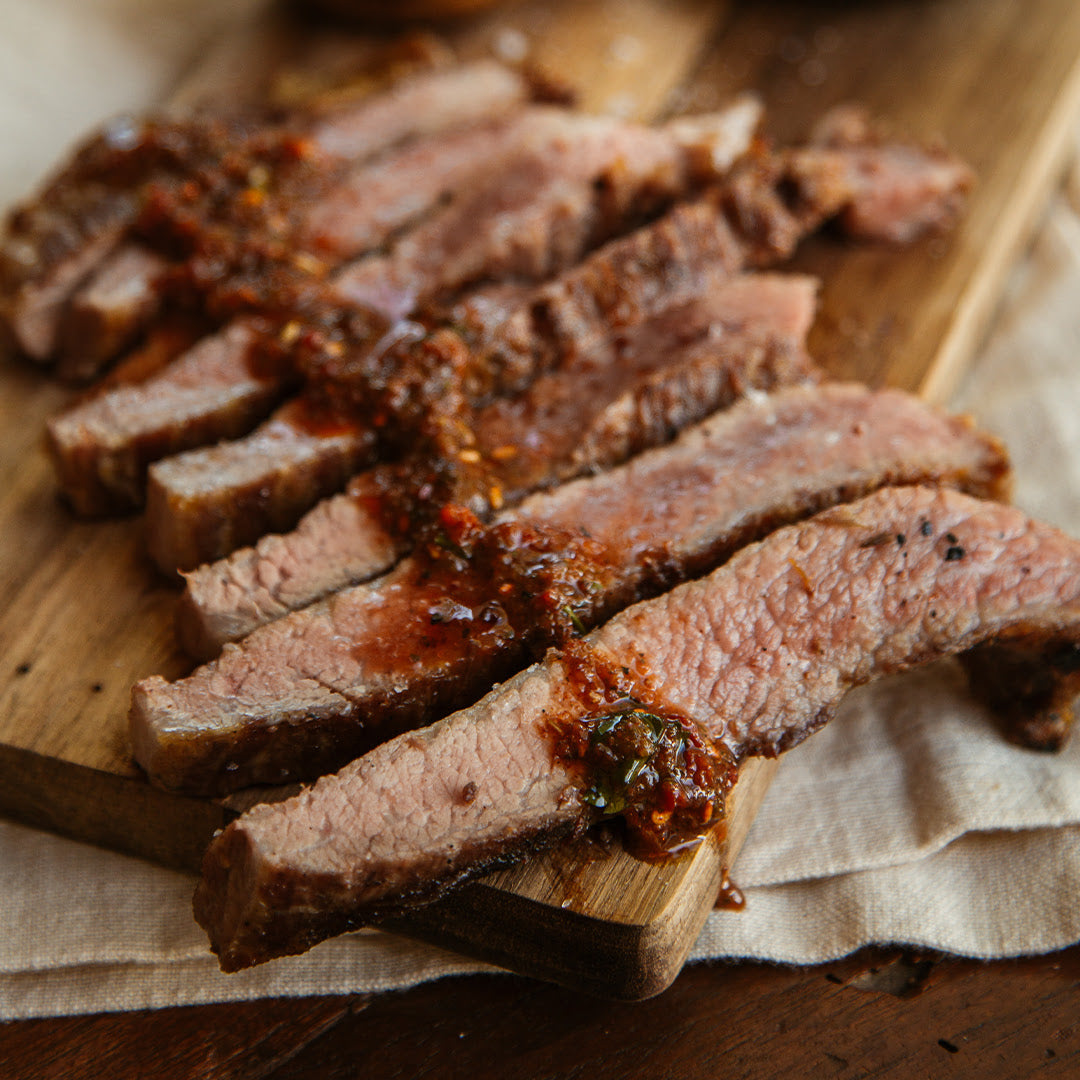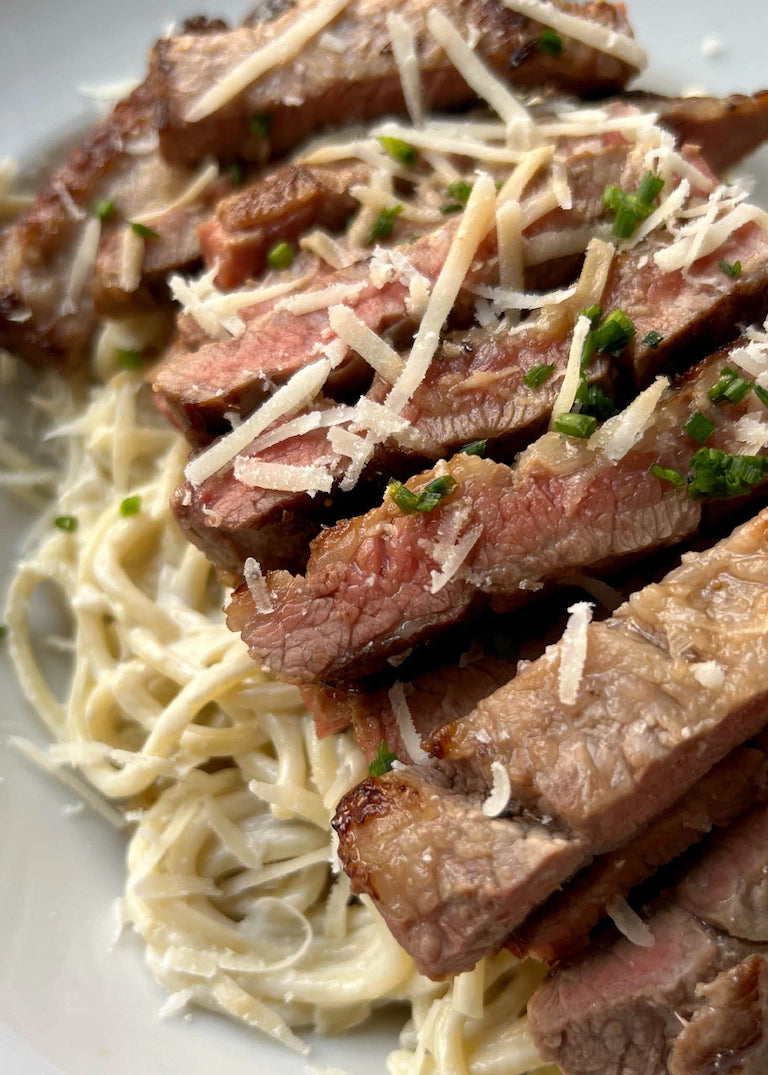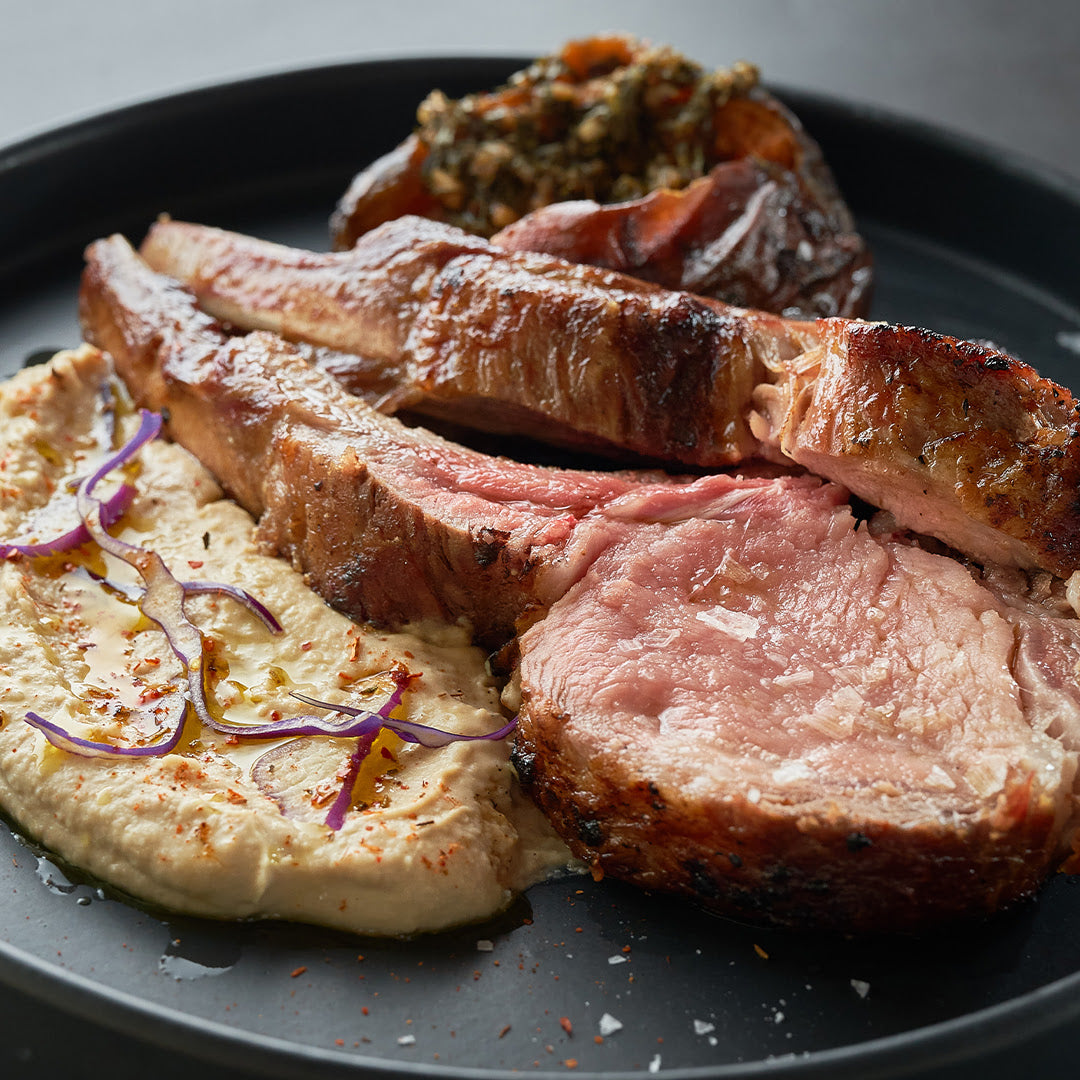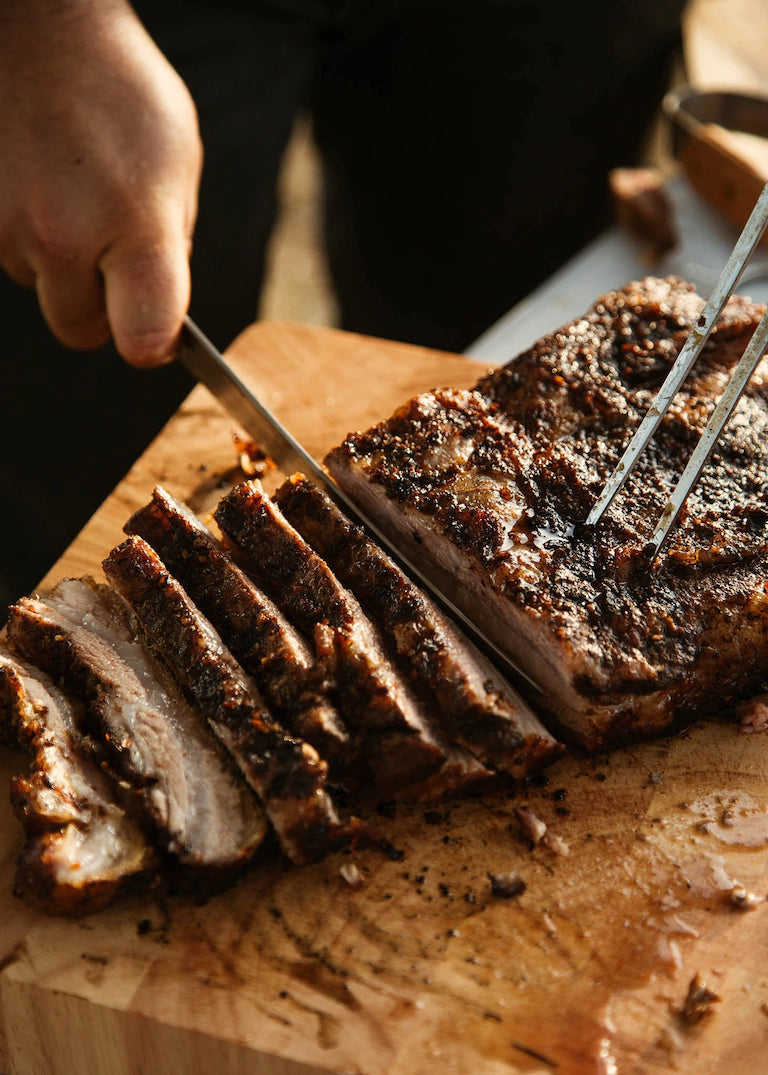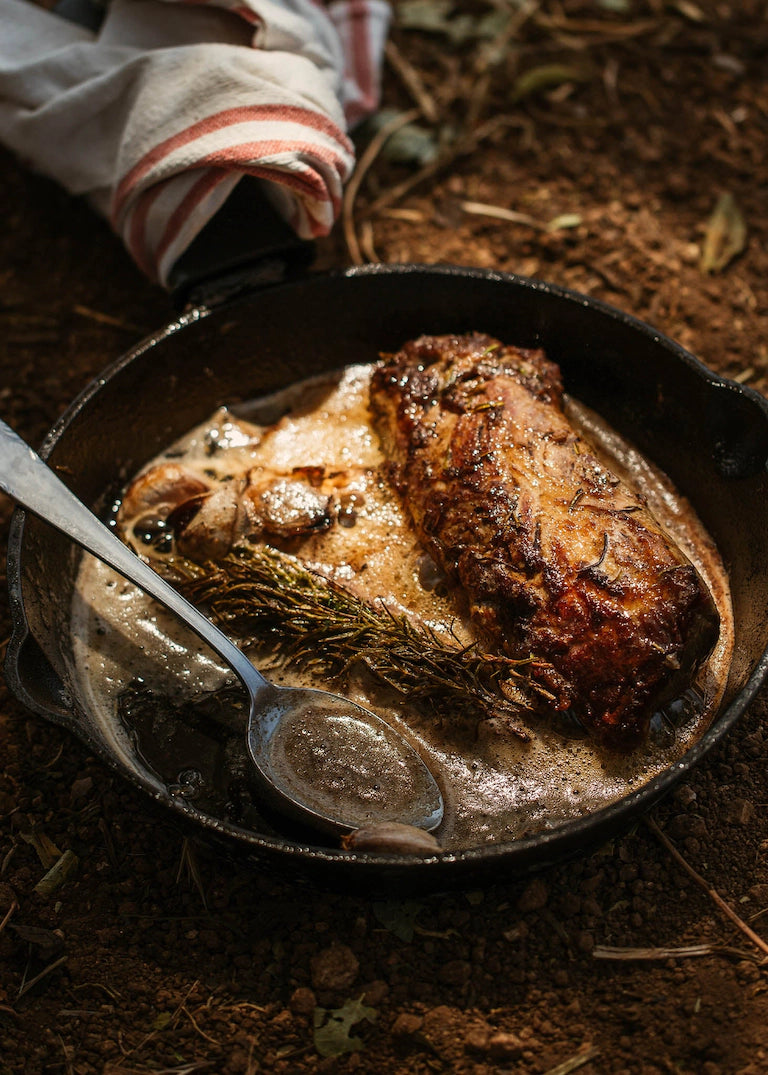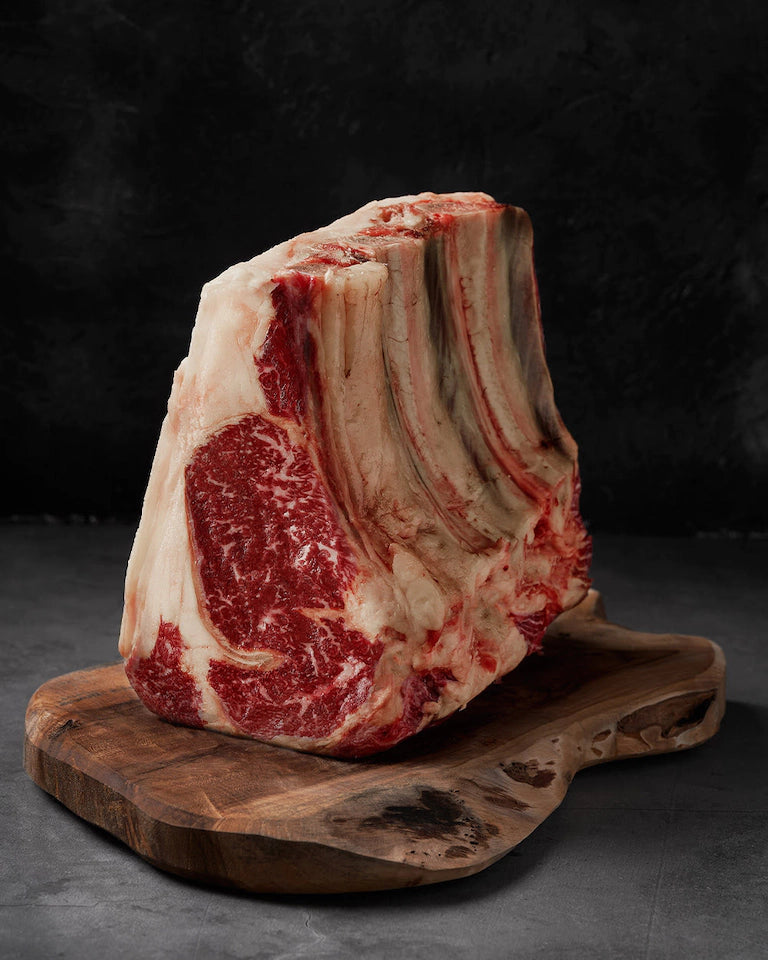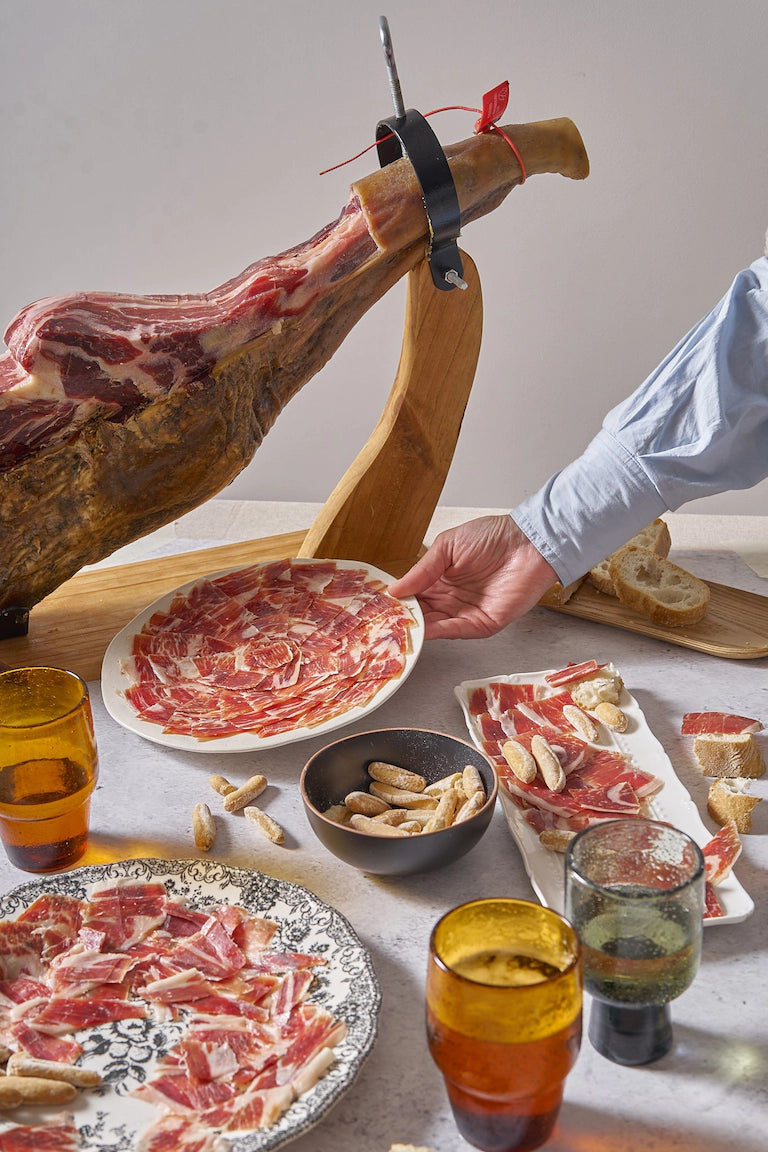
The Ibérico pig, considered by many lovers of Spanish gastronomy as a culinary jewel in the Iberian Peninsula, is recognized for its exceptional meat quality and unmistakable flavor.
Its weight in Spanish gastronomy is so essential that many curious details about it make it something more interesting than a simple delicacy. For this reason, we will explain in detail what the Ibérico pig is, it's breeding in the pasture, its diet, and the characteristics that make it so unique in gastronomy.
The Ibérico pig: a native breed of the Iberian Peninsula
As its name suggests, the Ibérico breed of pig is native to the Iberian Peninsula and has become an emblem of Spanish cuisine. With its unique appearance, this pig stands out for its genetics and intrinsic qualities that differentiate it from other porcine varieties.
Breeding
The Ibérico pig is raised in the Dehesa, a unique ecosystem composed of extensive areas of holm and cork oaks. This natural environment provides an ideal space for the pigs to live freely and feed healthily. The exercise they get from roaming the pasture contributes to the infiltration of intramuscular fat and development of their characteristic flavor.
Feeding
During the "Montanera," which usually occurs between October and February, Ibérico pigs feed mainly on acorns and natural grasses in the Dehesa. Acorns are a rich source of monounsaturated fatty acids, which contribute to intramuscular fat infiltration, characteristic of Ibérico pork.
Feeding on acorns and natural grasses is essential for developing its distinctive flavor and the quality of its meat. However, it is also responsible for the fact that raising these pigs is somewhat complex, which influences the fact that the meat from these pigs has a slightly high cost.
It should be noted that acorns, known as "pork bread," are highly nutritious and balance proteins, carbohydrates, and healthy fats. In addition, they contain oleic acid, similar to that found in olive oil, a factor that contributes to the juiciness and tenderness of the meat.
Far from being a problem because of the difficulty in satisfying it, feeding exclusively on acorns and natural pastures makes the meat of the Ibérico pig tastier, with complex nuances and a smooth, buttery texture.
It should be mentioned that acorns, although their leading food, is not the only ones since Ibérico pigs also feed on natural pastures present the pasture, such as grasses, shrubs, and roots. This dietary diversity also contributes to the complexity of flavors in the meat of the Ibérico pig, as each element of the pig's diet influences its final taste.
Categories of Ibérico pork: bellota and more
The Ibérico pig is classified according to its diet and breeding. The most distinguished is that of acorn-fed pigs, also known as "pata negra". Pigs in this category are fed exclusively on acorns and natural grasses during the "Montanera," which gives their meat an extraordinary flavor and texture.
In addition to acorn-fed pigs, field-fattened pigs main diet are a mix of feed (made from cereals and legumes) and natural resources from the dehesa, such as grasses and occasionally acorns, while fattening pigs are raised on farms and fed with cereals and legumes. The meat from these pigs is also a delight for the palate but does not reach the premium quality pata negra.
Ibérico pork products
The Ibérico pig is appreciated for its fresh meat and the products derived from it. Among these, we have Iberian ham, sausages, and other cured products, which are authentic delicacies elaborated from an artisanal curing and maturation process.
All these products capture the unique flavors and aromas of the Ibérico pig. They are appreciated nationally and internationally, not only by lovers of good Spanish gastronomy but of gourmet food in general.
To conclude, the Ibérico pig is a gastronomic treasure that represents the essence of Spanish cuisine in a more than excellent way. It's breeding in the Dehesa, its diet based on acorns and natural pastures, and the quality of its meat make this animal a true culinary jewel.
The derived products, such as Iberian ham and its sausages, are appreciated worldwide and are part of Spain's culture and culinary tradition. So you will want to experience this explosive experience of flavors, no matter how demanding your palate is.
